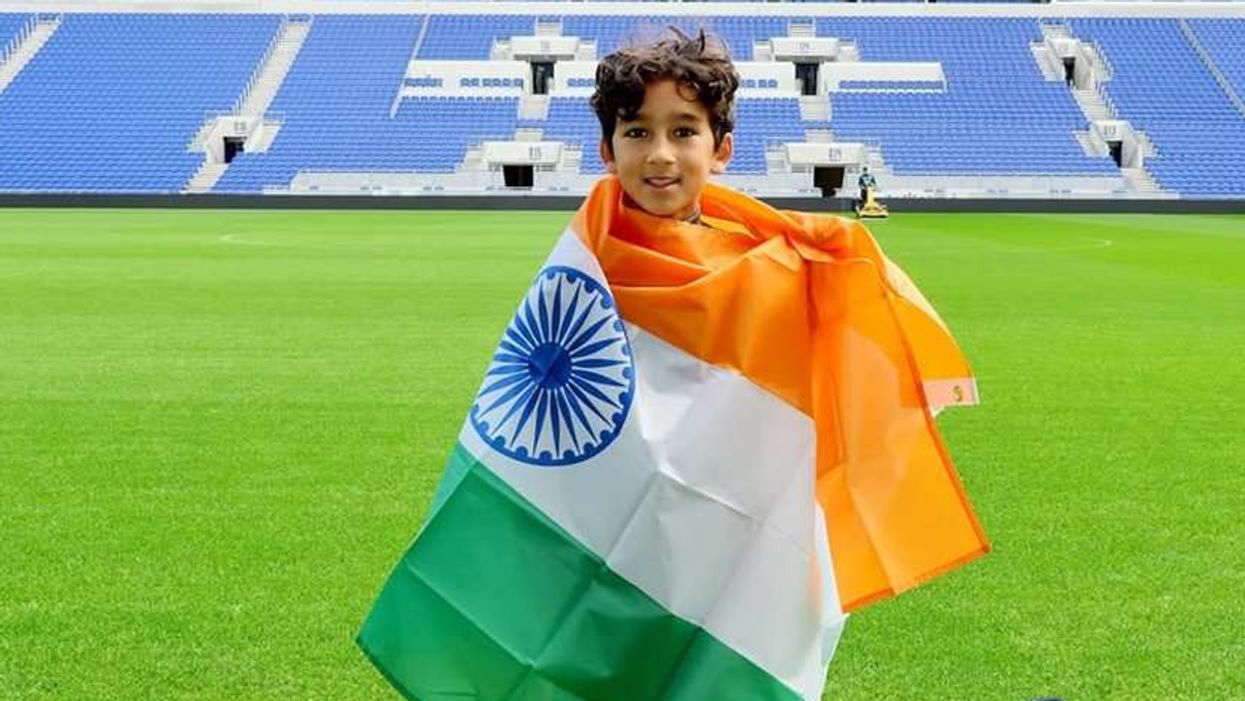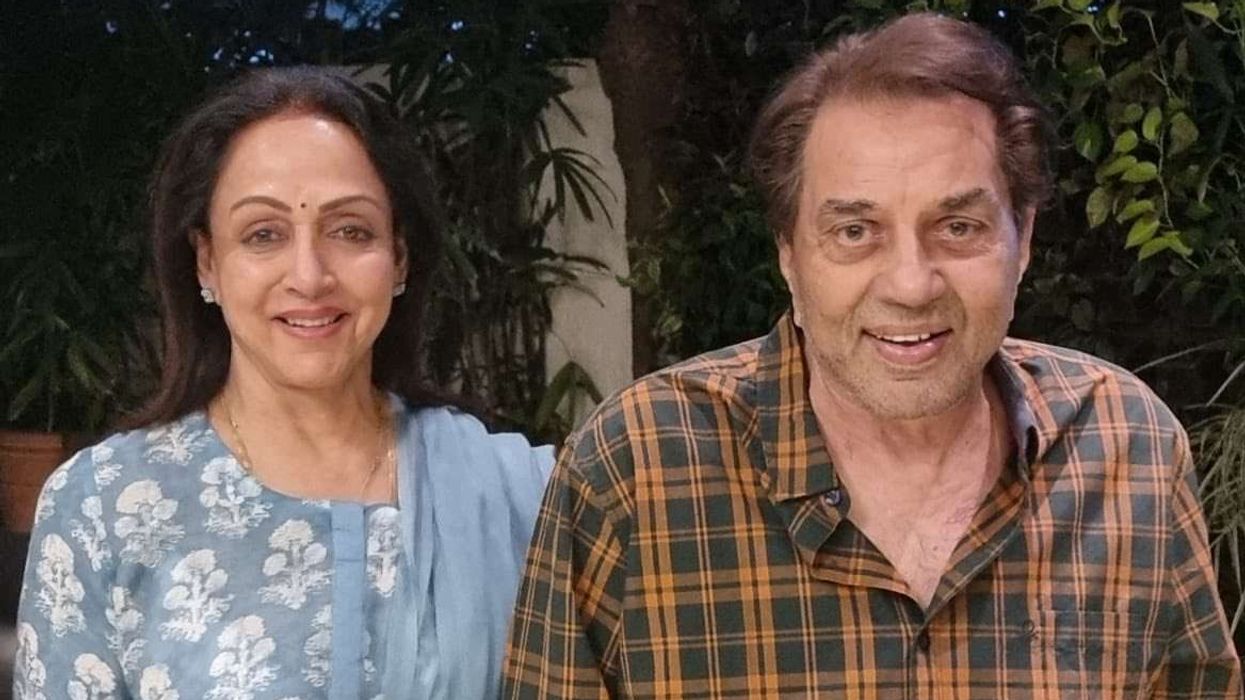SHE’S known as the ‘diva of divorce’ and the ‘queen of marital breakdown’- epithets that help bring her millions of pounds of business each year. Yet Ayesha Vardag’s unbridled reputation as Britain’s leading divorce lawyer owes less to PR than to a proven ability in the courtroom, commercial savvy and passion for cases informed by personal experience.
Since winning the landmark Supreme Court case of Radmacher v Granatino in 2010 - which changed the legal landscape by making prenuptial agreements enforceable in the UK - Vardag has helped turn London into the divorce capital of the world and the eponymous company she owns into one of the UK’s fastest growing law firms. In the process, Vardag has become something of a legal media star who appears regularly on TV to comment on matters of family law.
Her client base includes royalty, A-list celebrities, tycoons and international footballers whom she reputedly charges £845 an hour for advice. Not that this doesn’t represent value-for-money. Vardag won a £17m settlement for the Marchioness of Northampton, £26m for Michelle Young, and an extraordinary £64m for the former Miss Malaysia Pauline Chai after an acrimonious split from Khoo Kay Peng, the former boss of Laura Ashley.
She views such dizzyingly high payouts (corr) as part of a crusade for fairness: “Our job is to get justice for our clients,” she tells the GG2 Power List, “to achieve a good platform for their future and a fair outcome so they can successfully carry on with happy and fulfilling lives, free of tyranny and exploitation. That’s incredibly motivating.”
High end justice for the super rich, it may be, but to Vardag, it is clearly about getting what you are morally due.
Vardag worked initially as a finance solicitor for the famous City firm Linklaters then decided to forego the lucrative rewards of commercial law in favour of setting up her own specialist divorce and family law firm in 2005.
What, the GG2 Power List wonders, made her give up so much security in favour of the uncertainty of being her own boss? “Because working in one of the existing firms was such a depressing and uninspiring prospect. I remember one former boss shouting at me, after I’d had an idea about a case, ‘don’t think! don’t think!’. But I wanted to be able to think, to bring intellectual creativity to the field, to run things my way, to a higher standard, and bring City quality to the pedestrian market of family law.”
Vardag launched her firm as a tiny operation from the spare room of her Islington home where she lived as a divorced mum with her children. It was stressful and difficult, particularly the juggling of family and professional life, and she would frequently work all day at her desk and then spend evenings going out until late networking for clients.
“I made sacrifices and so did my children. I wasn’t there on the school run, I wasn’t always there for bedtime, or homework. But I made our time together count, and we’ve always been incredibly close, with both my sons now excited about their future in the firm, and my daughter ambitious for her own future…I wanted to build something that would enable them to have real ownership.”
The firm incorporated and became Vardags in 2010, by which point it had become the go-to firm for some of the weightiest divorce cases in the country. It has since expanded to include private client, civil litigation and criminal defence departments with more than 120 staff and five offices around the country.
Though marital breakdowns have formed the basis of her career, her experience makes her believe that frayed relationships can be mended and divorce avoided: “The most important thing people can do is keep on prioritising the connection with their partner. “
A Shehzadi of the Pashtun Lodhi dynasty which ruled India before the Mughals, Vardag grew up in Oxford with her English mother who was divorced from her father and worked at New College as a secretary. Her father, a barrister turned, politician and the youngest ever senator of Pakistan, was imprisoned for making pro-democracy speeches under martial law. “We were as poor as church mice,” Vardag says.
She read Law at Queens’ College, Cambridge and won a Duke of Edinburgh award for membership of the Inner Temple where she qualified as both a barrister and solicitor.
She has worked on expert research projects at the International Court of Justice in The Hague and at the UN (IAEA) Legal Division in Vienna and helped draft the nuclear energy Safety Convention.
When she won the ground-breaking case of Radmacher v Granatino at the Suprememe Court in 2010, it came as a huge surprise to the legal establishment who had believed prenuptial agreements were not enforceable in law. “All the other lawyers in the business were saying, ‘Who the hell does she think she is?. . .It was wonderful to be vindicated.”
Vardag has also successfully campaigned to get no-fault divorce on the legislative agenda, as well as inspire a change in the law on posthumous fertility to allow a family hit by a tragic accident to complete their IVF process.
Casting off any personal doubts about marriage that her experiences with her parents, her clients and herself may have created, previously divorced Vardag married for a second time in 2014. Her husband, Bence, a former scientist, has been appointed as Vardag’s head of strategy. One of his roles is to oversee a financial forensics department to investigate parties to divorce who try to reduce payouts by hiding their money in offshore trusts.
The couple have six children, four of them Vardag’s, the oldest 23 and the youngest baby Orfeo, whom she gave birth to earlier this year at the age of 50. Vardag concludes from her experience that the children of divorced parents adjust best when not exposed to expressions of rancour, anger and unkindness between their parents and when they continue to see both of them regularly. If such conditions are met “then divorce can be sad and a source of regret but children can adjust well.”







